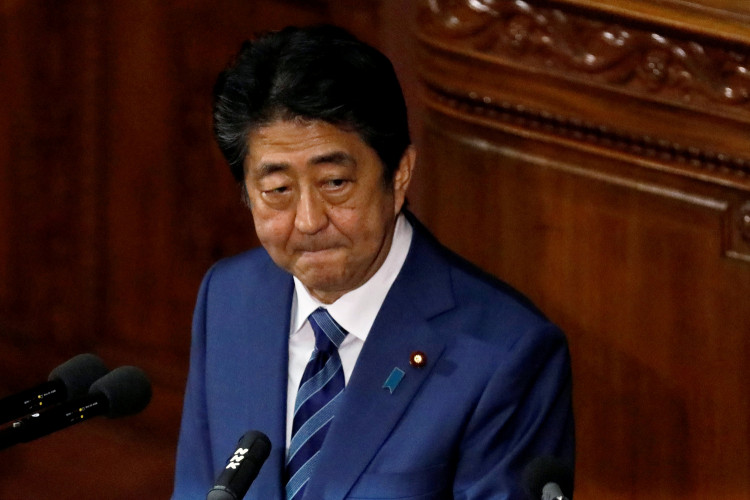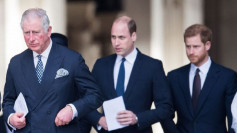Japan and China, long-time Asian rivals due to their political history, territorial disputes, and economic conflicts, are said to be trying to get along. If true, this is a breakthrough.
According to the New York Times, with someone like President Donald Trump leading the United States, the two Asian powers are striving towards a reconciliation of some sorts and achieve a "little more normality." No one can expect the two to become great allies, instant partners, or have a meaningful reconciliation where past hurts and current competition will vanish, but the two leaders - President Xi and Prime Minister Shinzo Abe will try harder to get along, at least.
based on the analysis made by the newspaper, the President of China is already tired of all the conflicts with the United States and looking to a friendlier Japan as "a hedge." Conversely, the Japanese Prime Minister is also reportedly looking to "cover his bets' because even though it has a closer and more manageable relationship with the United States, he does not trust President Trump and his fickleness.
Both sides need each other," Yu Tiejun, a Japan expert at Peking University told the news outlet. "They need to improve relations as a response to the uncertainty brought about by Trump in Asia. This is a good beginning - better than a deterioration."
In another analysis, Shi Yinhong, a foreign affairs expert working at Beijing's Renmin University, claimed that China's president acknowledged the need to "change China's relationships with surrounding countries, which generally speaking have not been good." With tensions with the United States continuing on for so long, a warmer Japan-China relationship is of great strategic importance.
The launch of a better and a bit warmer relationship between Japan and China could happen with Prime Minister Abe's three-day visit to Beijing starting on Thursday, wherein around 500 Japanese businesspeople will be accompanying him. This number of people in business on a state visit signals the country's desire to have a more fruitful trading relationship with China. Their trading partnership seems to have dwindled from 2012 to 2014, because of their conflict with regard to the East China Sea or the Senkaku Islands. On their first official meeting back in 2014, it can be remembered how the two reluctantly shook hands and could not even fake warmer greetings.
Even though improving relations might be part of a broader strategy on both sides and no miracles of them becoming close friends to one another can be expected, this might be one step towards more stable relations. Naturally, the countries are still strategic rivals, since they still want to be perceived as the better partner for the less powerful Asian nations. Their bloody history back to the Second World War is not going just to be forgotten either.






